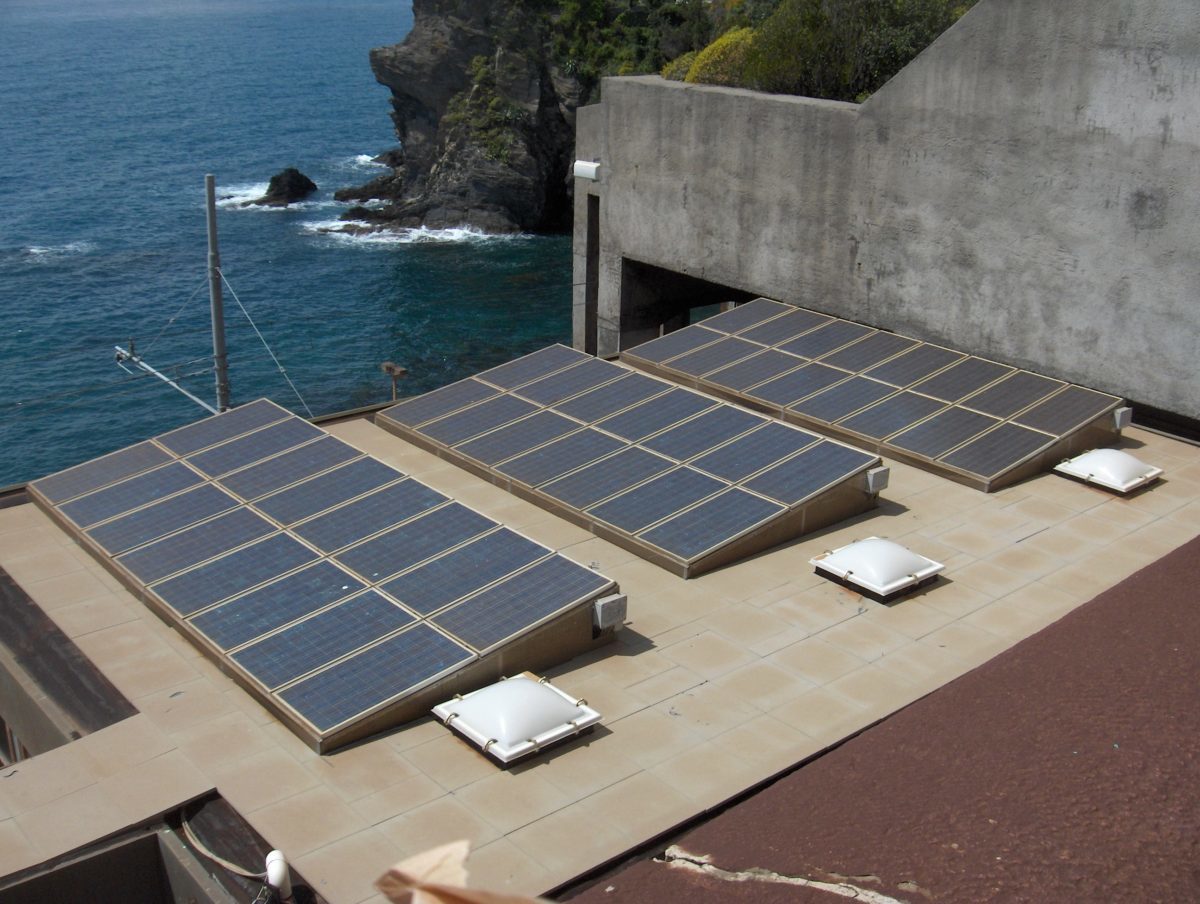From pv magazine global
Scientists from Australia’s Griffith University seeking to understand why homeowners choose to install PV have identified 333 predictors.
Researchers collected data from 173 quantitative and qualitative studies which considered household attitudes, knowledge, tendencies, awareness, willingness and intent to install solar as well as the adoption decision itself.
The studies examined – which concerned households around the world – included predictive and retroactive approaches but did not take into account behavioural changes after solar rooftops were installed.
The Griffith team identified 20 categories and a further 20 sub-categories of rooftop solar predictors which they grouped into individual, social and information groups.
The resulting taxonomy was based on the reasoned-action approach framework – the dominant conceptual theory for predicting, explaining and changing human social behavior.
Identification process
The researchers claimed popular or statistically significant determinants were not necessarily accurate predictors.
The most accurate predictions, the researchers found, were those that provided insight into individual behaviors related to the community where a project would be located; which described characteristics of the geographical location to determine social factors; and which conveyed an understanding of homeowner knowledge about the economic and technical details of PV technology. “Recognition of the materialistic levels of society, general behavioral attributes, affordability and awareness and maturity of the technology can serve as a starting point of the identification process,” the scientists stated.
The adoption of residential battery storage may complicate the picture, the Griffith team said. “It is evident that the coupled SPV-BESS [solar PV-battery energy storage system] financial decision will change significantly from standalone SPV; however, what requires careful consideration is how attitudinal traits will transform,” stated the researchers. “A good example is the change in the level of importance of variables such as ‘energy autonomy’ as a critical driver of intention to adopt SPV-BESS.”
Unknowns
The researchers added, there remain many unknowns about the long-term implications of the widespread adoption of residential storage and said much many depend on whether homeowners perceive solar-plus-storage as an environmental technology or financial investment.
The findings of the research were presented in the paper Predictors, taxonomy of predictors, and correlations of predictors with the decision behaviour of residential solar photovoltaics adoption: A review, published in Renewable and Sustainable Energy Reviews.
This content is protected by copyright and may not be reused. If you want to cooperate with us and would like to reuse some of our content, please contact: editors@pv-magazine.com.









By submitting this form you agree to pv magazine using your data for the purposes of publishing your comment.
Your personal data will only be disclosed or otherwise transmitted to third parties for the purposes of spam filtering or if this is necessary for technical maintenance of the website. Any other transfer to third parties will not take place unless this is justified on the basis of applicable data protection regulations or if pv magazine is legally obliged to do so.
You may revoke this consent at any time with effect for the future, in which case your personal data will be deleted immediately. Otherwise, your data will be deleted if pv magazine has processed your request or the purpose of data storage is fulfilled.
Further information on data privacy can be found in our Data Protection Policy.